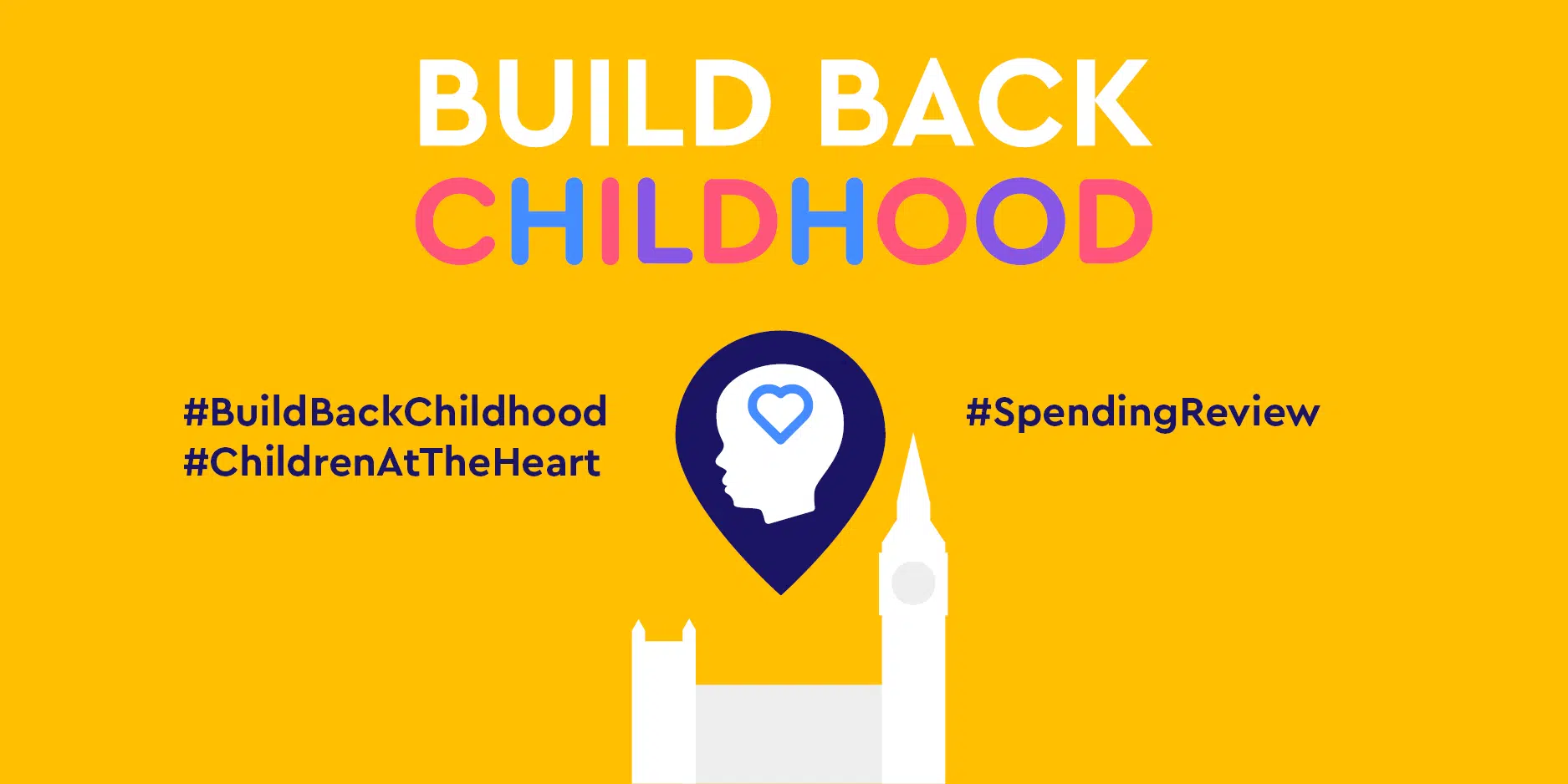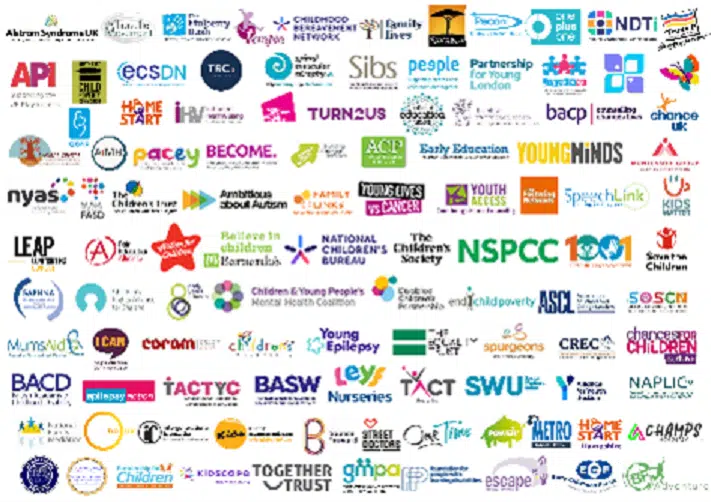
Yesterday’s budget provides some welcome investment in the NHS, social care and education. However, a quick search for the terms ‘children’, ‘babies’, ‘prevention’ or ‘early intervention’ will leave you disappointed. We know that the country faces a tight fiscal settlement – money is tight. But are we spending our money on what matters?
The autumn budget misses the mark and is focused on firefighting. The settlement is presented as sound economics in the ‘here and now’. However, our children will not thank us for failing to grasp the evidence on prevention and early intervention. We have more evidence than any other generation that the foundations for future health and wellbeing are laid in the earliest years of life. It therefore follows that ‘smart economics’ will ensure that spending on babies, children and young people is front-loaded in any fiscal settlement and seen as the smart investment that it is, rather than a cost.
Failing to invest in the public health budget at a time when inequalities are widening, preventable deaths in children are increasing, and 1 in 3 vulnerable children are not known to services, is short sighted and will end up costing much more in the long run. Public health has been at the bottom of the list for investment for too long and this is undermining the Government’s ambition to improve the nation’s health and reduce the long-term burden on the NHS and adult social care.
Health visitors and school nurses working in local government play a pivotal role in ensuring all children get the best possible start in life and can thrive throughout their school years. Their work includes both prevention and direct support for babies, children, young people and families for a range of health needs, and often during times of great distress.
Failing to invest in these services will lead to significant pressures and reductions in capacity across the country. Where services are reduced or cut, this will have a real impact on families, babies and children, and many will be left without the support they need.
The public health grant has already been cut by 24% on a real terms per person basis since 2015/16. There is nothing left to cut. Health visitor and school nurse numbers are continuing to decline without additional investment, whilst pressure grows for both professions as demand continues to soar.
Further investment is urgently needed to enable councils to develop strong and innovative health visiting and school nursing teams in their local areas. Increased funding in this area will protect and support parents, babies and children so they can achieve the best possible outcomes.
Key headlines relevant to babies, children and families:
NHS funding – The government is providing additional funding of £3.3 billion in each of the next 2 years to support the NHS in England in response to the significant financial pressures it faces, and enabling rapid action to improve emergency, elective and primary care performance. There is no mention of public health.
NHS workforce plan – The government is publishing a comprehensive NHS workforce plan, including independently verified workforce forecasts, next year. This will include measures to make the best use of training to get doctors, nurses and allied health professionals into the workforce, increase workforce productivity and retention. At face value, this offers nothing for staff working in public health – we are awaiting confirmation.
Maternity services – The government is bolstering maternity services by meeting recommendations supported by the Ockenden Review for 2,000 more midwives. This is welcome news for maternity services but fails to tackle the national shortage of more than 5,000 health visitors who have a significant role to play in improving pregnancy outcomes and supporting safer postnatal care.
Children’s Social Care – £1.3 billion in 2023-24 and £1.9 billion in 2024-25 will be distributed to local authorities through the Social Care Grant for adult and children’s social care. This much needed investment is welcomed, but any efforts to improve outcomes for our most vulnerable children, and reduce the risks of harm, will also require a strengthened ‘upstream’ approach through preventative public health and early intervention services.
Schools – The government has committed to, “redouble its commitment to support schools, enabling school leaders to continue investing in the areas that positively impact educational attainment”. The core schools’ budget in England will receive an additional £2.3 billion of funding in 2023-24 and £2.3 billion in 2024-25.
From a school nursing perspective, whilst investment in schools is welcomed, the link between attainment and good health cannot be ignored. Without a parallel investment into school nursing to improve the worsening outcomes for so many school-aged children, this is somewhat futile.
Similarly, for health visiting, it is also disappointing to see that there is no similar commitment to the first five years of a child’s life, despite compelling evidence that the early years are vital for social mobility as this is where gaps in outcomes first begin to take hold.
Alison Morton Sharon White
Executive Director CEO
Institute of Health Visiting School and Public Health Nurses Association




